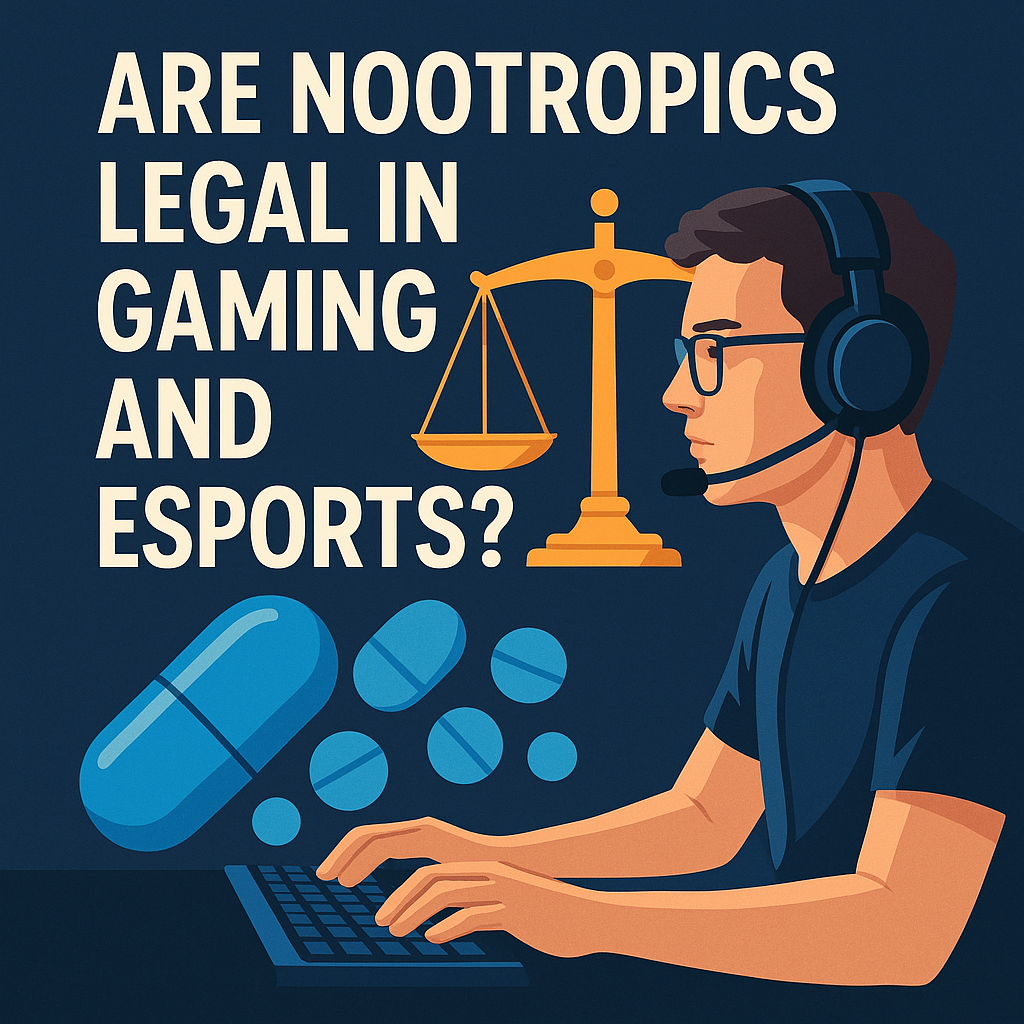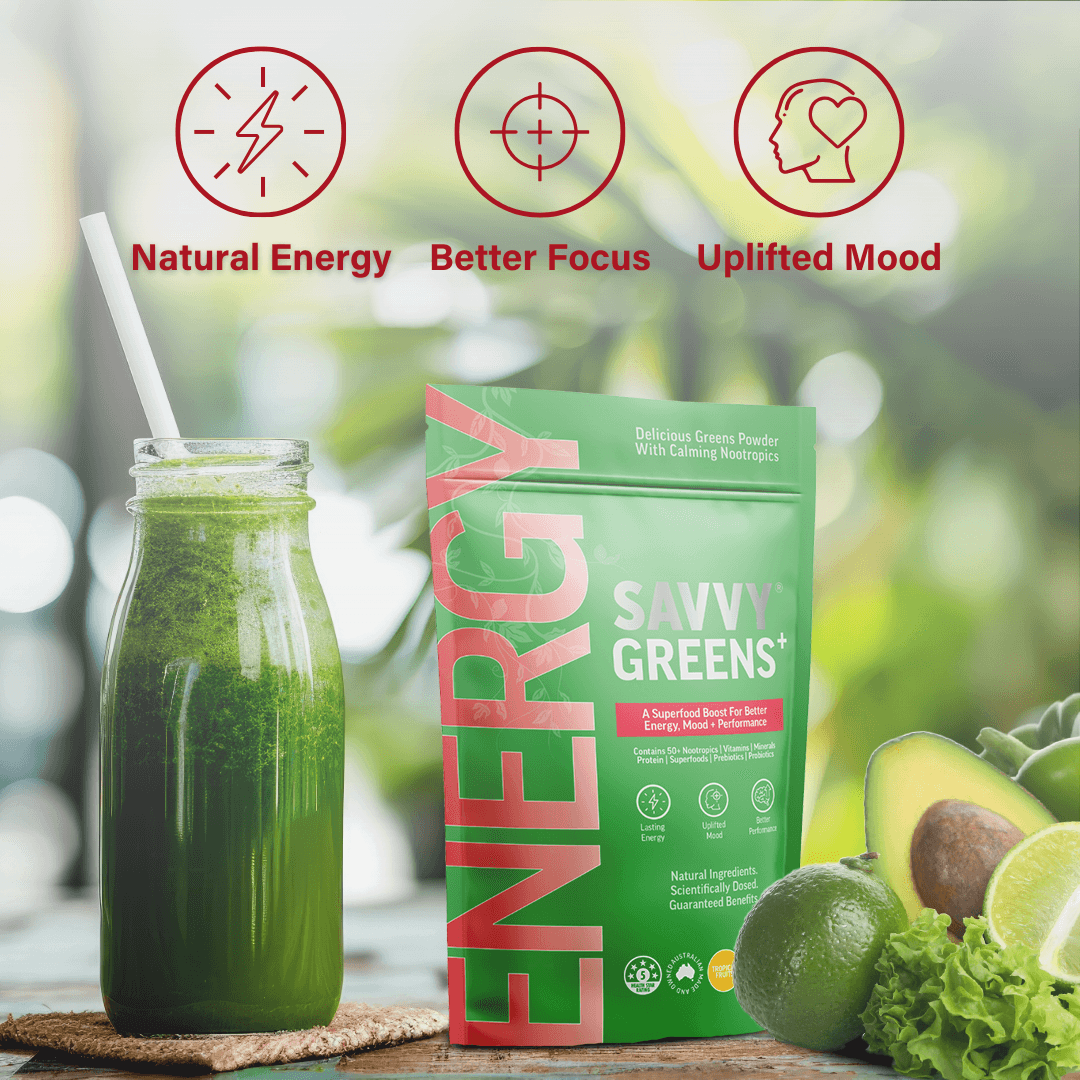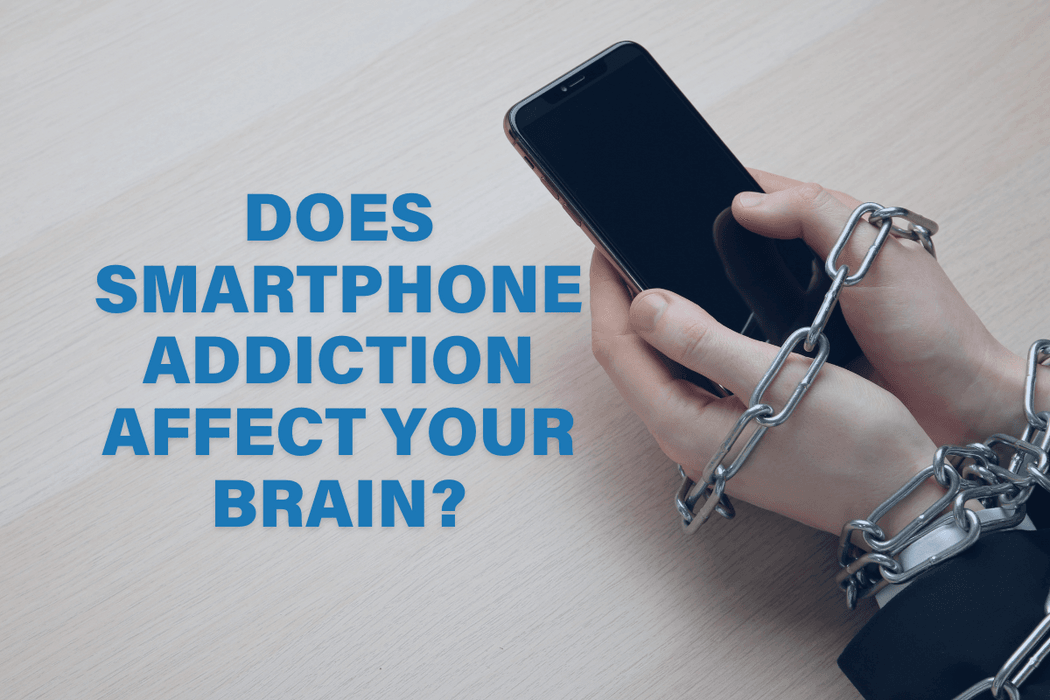
10 Reasons Exercise Is Amazing For Your Brain
Being active has been proven to deliver a multitude of health benefits—both physically and mentally. In fact, exercise is like a magic pill, except it’s free, legal, and doesn’t come with a scary list of side effects.
When did running become popular?
Before we dive into the science-backed benefits of exercise, have you ever wondered how ‘going for a run’ became such a common pastime?
I recently picked up ‘Shoe Dog’, the autobiography of Nike’s founder, Phil Knight. One particular passage about the origins of recreational jogging caught my eye (and gave me a good laugh).
Here’s the excerpt:
“... in 1965, running wasn’t even a sport. It wasn’t popular, it wasn’t unpopular—it just was. To go out for a three-mile run was something weirdos did, presumably to burn off manic energy. Running for pleasure, running for exercise, running for endorphins, running to live better and longer—these things were unheard of.”
Hard to imagine now, isn’t it? The idea of running for fun was once considered utterly bizarre. Then, somehow, jogging caught on, became trendy, and by the late ‘70s, even Hollywood celebrities were pounding the pavement. Case in point: People Weekly’s cover on 4 July 1977 featured famous faces embracing the nationwide jogging craze.
Today, we take exercise as a given. We know a bit of movement each day is one of the best things we can do for our bodies and brains.
The amazing benefits of exercise for your brain
If exercise were a drug, it would be hailed as a miracle cure. It makes us sharper, happier, healthier, and even helps us live longer. In fact, a study of over a million young adults found that exercise can boost IQ levels.
As Professor Fernando Gomez-Pinilla from UCLA puts it:
“Exercise seems to be good for practically every function in the brain and body.”
If you’ve ever experienced a ‘runner’s high’ or felt better after hitting the gym, you’ve had a taste of how exercise stimulates neurotransmitters like serotonin, dopamine, and endorphins—essential for mood, motivation, and pleasure. It also lowers cortisol, the stress hormone. But wait, there’s more…
What is better for your brain? Exercise or nootropics?
Exercise is an absolute game-changer for your brain. Just like nootropics (those fancy smart drugs and supplements) are designed to enhance cognitive function, movement does the same—except naturally and with a whole-body bonus. And here’s the best bit: combining the two? That’s like unlocking an extra level of brainpower, giving you the mental edge while keeping your body in top form.
Science-Backed Benefits of Exercise:
-
Enhances decision-making, speeds up reaction times, boosts mental energy, fosters creativity, improves memory, and sharpens concentration.[2][3][4][5][6][7][8]
-
Improves attention span, learning ability, memory, and mental processing speed.[9][10][11]
-
Just 2.5 hours of exercise per week can improve sleep quality by 65%—turning a dodgy 5-hour kip into the equivalent of a solid 8-hour snooze.[12]
-
Makes you happier, both instantly and in the long run.[13][14]
-
Helps you regulate emotions, shake off bad moods, and build emotional resilience.[15][16][17]
-
Reduces stress, anxiety, and even symptoms of depression.[18][19][20]
-
Boosts energy, fights fatigue, and increases motivation.[21][22][23]
-
Enhances self-esteem and libido, so you’ll feel good, look good, and maybe even get lucky.[24][25][26][27]
-
Increases production of brain-derived neurotrophic factor (BDNF), a powerful protein that stimulates new brain cell growth and enhances cognitive function.[28]
-
Elevates mood-boosting chemicals (serotonin, dopamine, norepinephrine) while reducing stress hormones (cortisol).[29][30]
What’s the Best Exercise for Your Brain?
Glad you asked! Most research points to moderate aerobic exercise (like jogging) as the gold standard, but weightlifting and high-intensity interval training (HIIT) are also top-tier brain boosters.
The biggest improvements in brain function tend to happen in those who push their fitness limits. A gentle stroll is great for lifting your mood, but if you want the full spectrum of cognitive benefits, you’ll need to crank up the intensity.
So, whether it’s a jog, a HIIT session, or lifting heavy things and putting them back down—get moving. Your brain (and body) will thank you for it!
References:
[1] Cardiovascular fitness is associated with cognition in young adulthood
[2] Employee self-rated productivity and objective organizational production levels
[3] Exercise enhances creativity independently of mood
[4] Cardiovascular fitness, cortical plasticity, and aging
[5] Presenteeism According to Healthy Behaviors, Physical Health, and Work Environment
[6] Acute, intermediate intensity exercise, and speed and accuracy in working memory tasks
[7] Aerobic Exercise and Creative Potential
[8] Exercise training increases mitochondrial biogenesis in the brain
[9] Aerobic Exercise and Neurocognitive Performance
[10] Differential Effects of Acute Exercise on Distinct Aspects of Executive Function
[11] High impact running improves learning
[12] Association between objectively-measured physical activity and sleep
[13] Associations between physical activity and happiness
[14] Association Between Leisure-time Physical Activity and Changes in Happiness
[15] Longitudinal gains in self-regulation from regular physical exercise
[17] Regular exercise is associated with emotional resilience
[18] Effects of exercise training on anxiety: A meta-analysis
[20] Is Exercise a Viable Treatment for Depression?
[21] Effect of aerobic exercise training on feelings of energy and fatigue
[22] Exercise training increases mitochondrial biogenesis in the brain
[23] Physical activity yields feelings of excitement, enthusiasm
[24] Longitudinal examination of the exercise and self-esteem
[25] Links Between Physical Activity and Self-Esteem
[26] Physical activity and PDE5 inhibitors in the treatment of erectile dysfunction
[27] The Effect of Exercise on Global Self-Esteem
[28] Exercise Induces Hippocampal BDNF
[29] Exercise Benefits Brain Function: The Monoamine Connection








